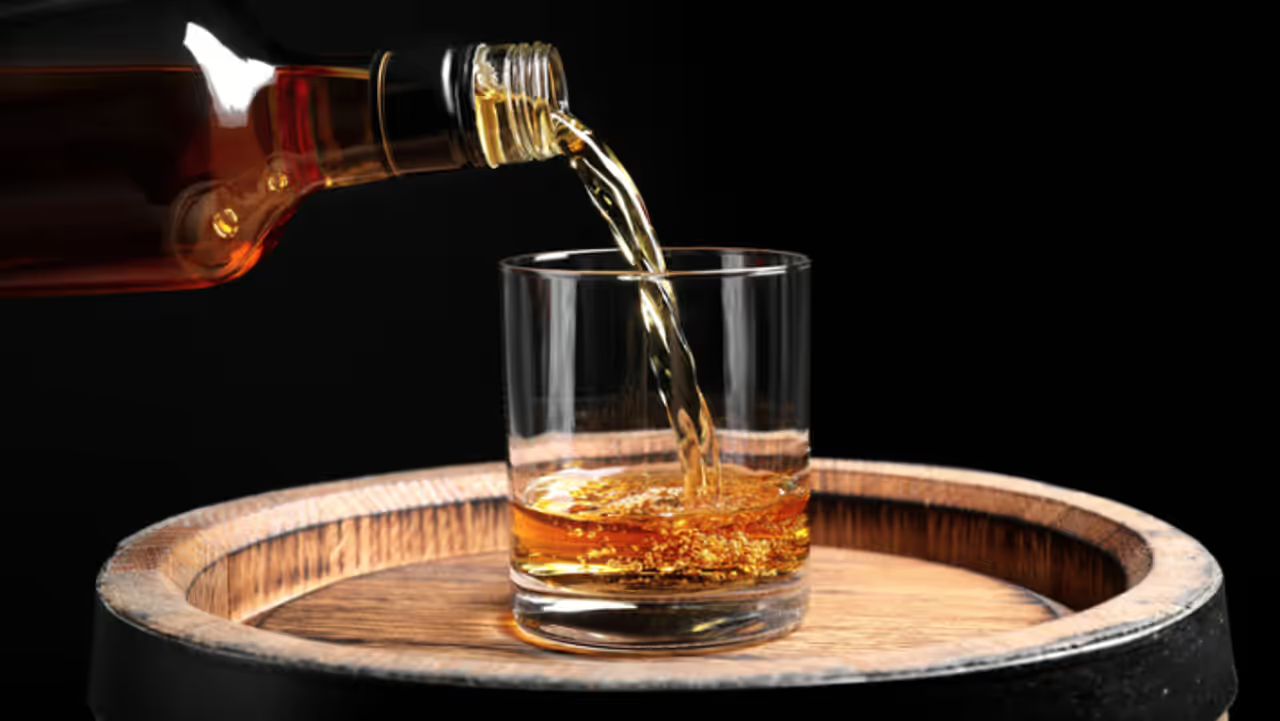Scotch vs Whisky: What's the difference? Which one is better for you?
Scotch is a type of whisky made in Scotland. Geography, ingredients, and the aging process differentiate scotch and whisky.

Scotch vs. Whisky
Do you know the difference between Scotch and whisky? All Scotch is whisky, but not all whisky is Scotch.
Scotch is a type of whisky made in Scotland. To truly understand the difference, we need to explore both types in depth.
Key factors are geographical origin, ingredients, and aging process. Let's examine these distinguishing features.

Scotch vs. Whisky
Scotch vs Whisky: Which is Better?
Whisky is distilled from fermented grains like barley, corn, wheat, and rye, then aged in oak barrels. Combining these grains creates a mash bill, each lending a unique flavor.
Many whiskies are distilled globally: bourbon, rye, Scotch, Irish, and Japanese, for starters. The differentiating element is the grain used in the mash. In Scotch, it's primarily malted barley.
Scotch Whisky Production
Scotch whisky is made from water and malted barley. It must age at least three years, typically 8-10, in barrels, mellowing the flavor. It's bottled at a minimum 40% alcohol.
Type of Equipment
Whisky is usually made in copper stills, as the metal prevents sulfur compounds that would make the drink unpleasant. Scotch is legally processed in a distillery in Scotland and fermented by adding only yeast.
Scotch Whisky Aging
The Process
Another key differentiator is the aging process. Even small changes can lead to flavor variations. Scotch whisky must legally mature for at least three years at a minimum bottling strength of 40% alcohol.
While the minimum is three years, drams are often aged longer, like 10, 15, or 18 years. Super-premium bottles can contain Scotch aged over 20 years.
Scotch vs. Whisky: Which is Superior?
Which is Better?
Scotch, particularly single malt, is often considered superior to blended whisky. Blended whiskies often use lower-quality spirits. Single malt Scotch is processed at a single distillery, making it purer. There are three blend types:
Blended malt Scotch whiskies combine single malts from different distilleries.
Blended Scotch whiskies mix blended malt and blended grain Scotch whiskies. Whisky enthusiasts favor Scotch for its smoky flavors, often infused with caramel, vanilla, oak, and spice notes.
Explore the latest Lifestyle News covering fashion, wellness, travel, Food and Recipes, and more. Stay updated with trending Health News, fitness tips, and expert insights to inspire your daily living. Discover personalized lifestyle trends that keep you stylish and informed. Download the Asianet News Official App from the Android Play Store and iPhone App Store for everything that adds value to your everyday life.